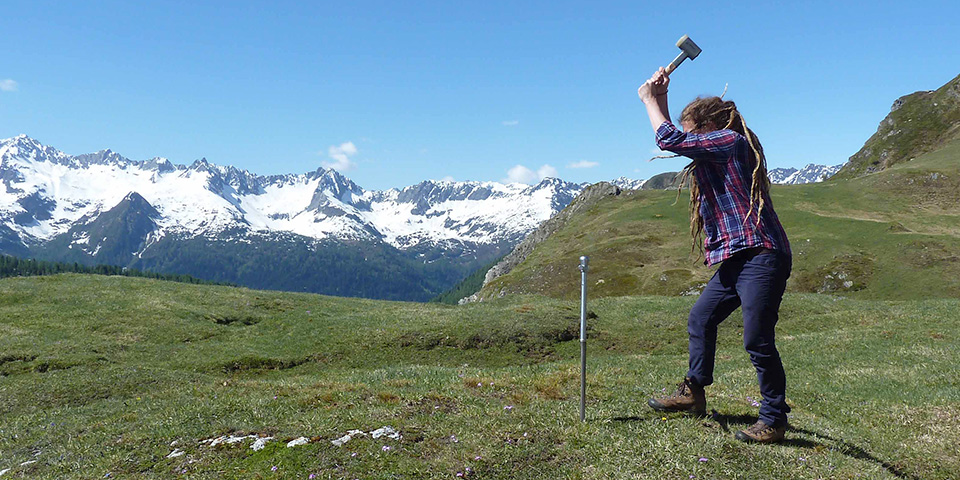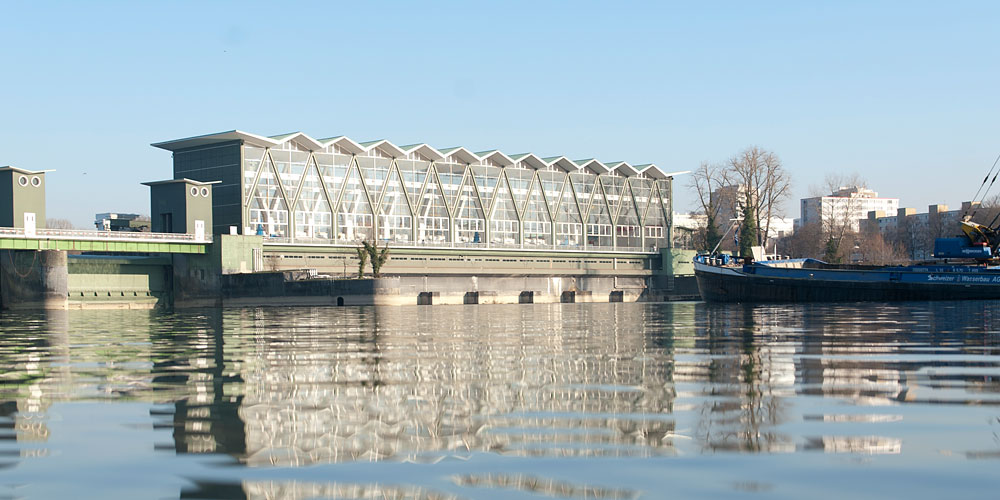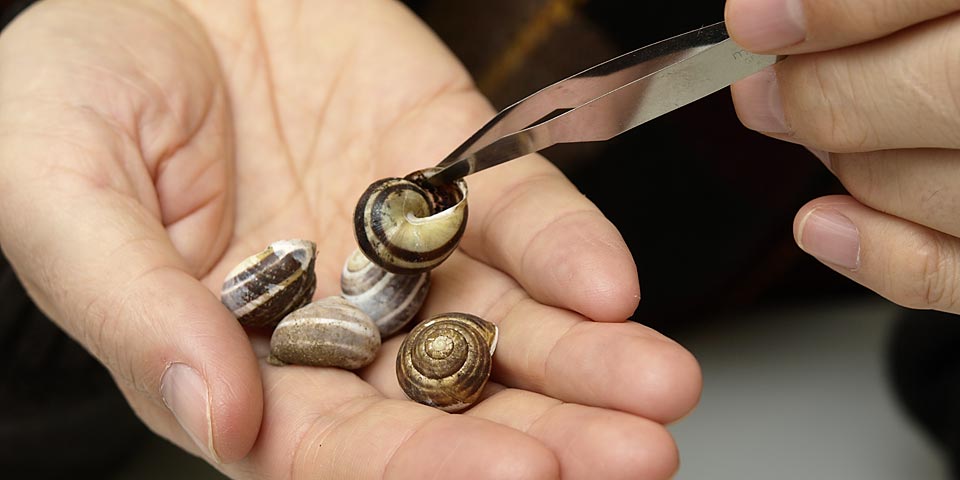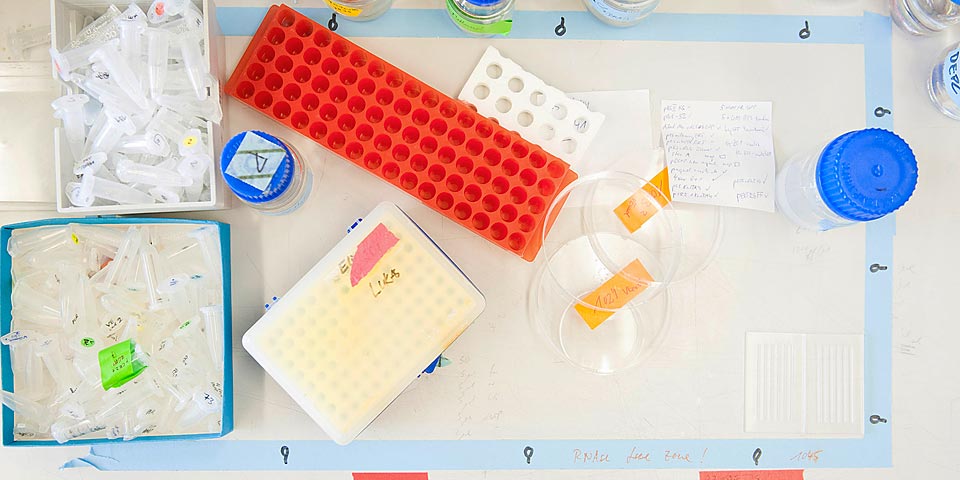Ecology Degree: Master
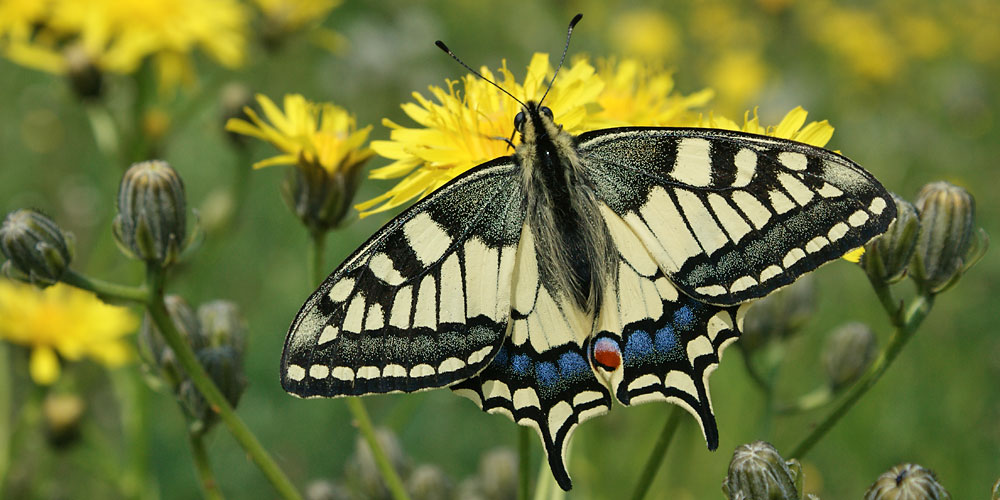
Overview
- Type
- Course of studies
- Degree
- Master
- Start of program
- Fall and spring semester
- Structure
- 1 course of studies with subject
- Duration of study
- 3 Semester
- Credits
- 90
- Language
- English
- Responsible faculty
- Philosophisch-Naturwissenschaftliche Fakultät
Requirements
Information on admission:
www.unibas.ch/admission
Dates & Deadlines
Within the Basel life science program, the Department of Environmental Sciences and its associates offer this comprehensive Master course for graduates with a background in biology or environmental sciences. The course builds upon the strength and leadership in functional ecology and conservation biology of the associated institutes and covers plant and animal sciences as well as ecosystem sciences. Course modules cover a wide spectrum of plant and animal ecology, ecosystem science and conservation biology, giving students the possibility of studying the interactions among organisms, between organisms and their environment, ecosystem processes and human influences on ecosystem integrity and biological diversity.
Related Links and Downloads
Research Findings and Scientific Developments
Are you interested in current scientific developments and research findings in this field? On the research websites, you will find numerous publications by researchers from the University of Basel. This resource offers valuable insights and helps you get to know a subject area better–both as an orientation aid and as an accompanying source of information during your studies.
Discover publications and research areas now:
Department of Environmental Sciences
UNIverse Research Portal of the UNIversity of Basel (unibas.ch)
https://duw.unibas.ch/

